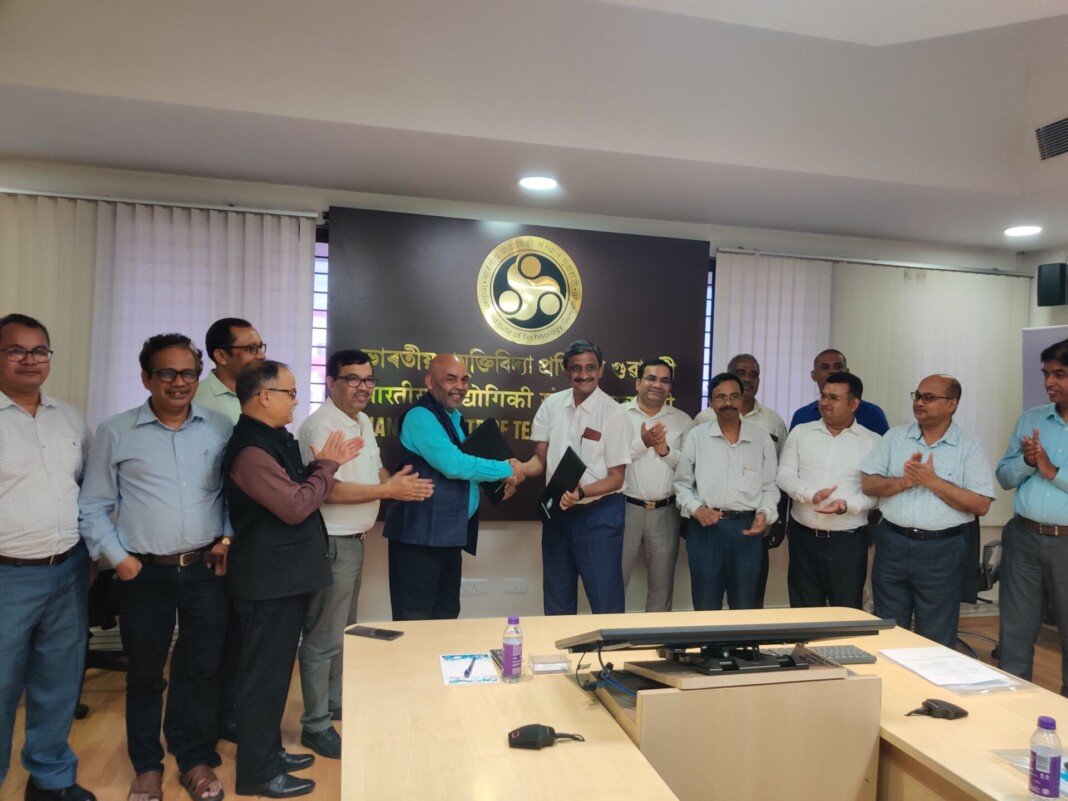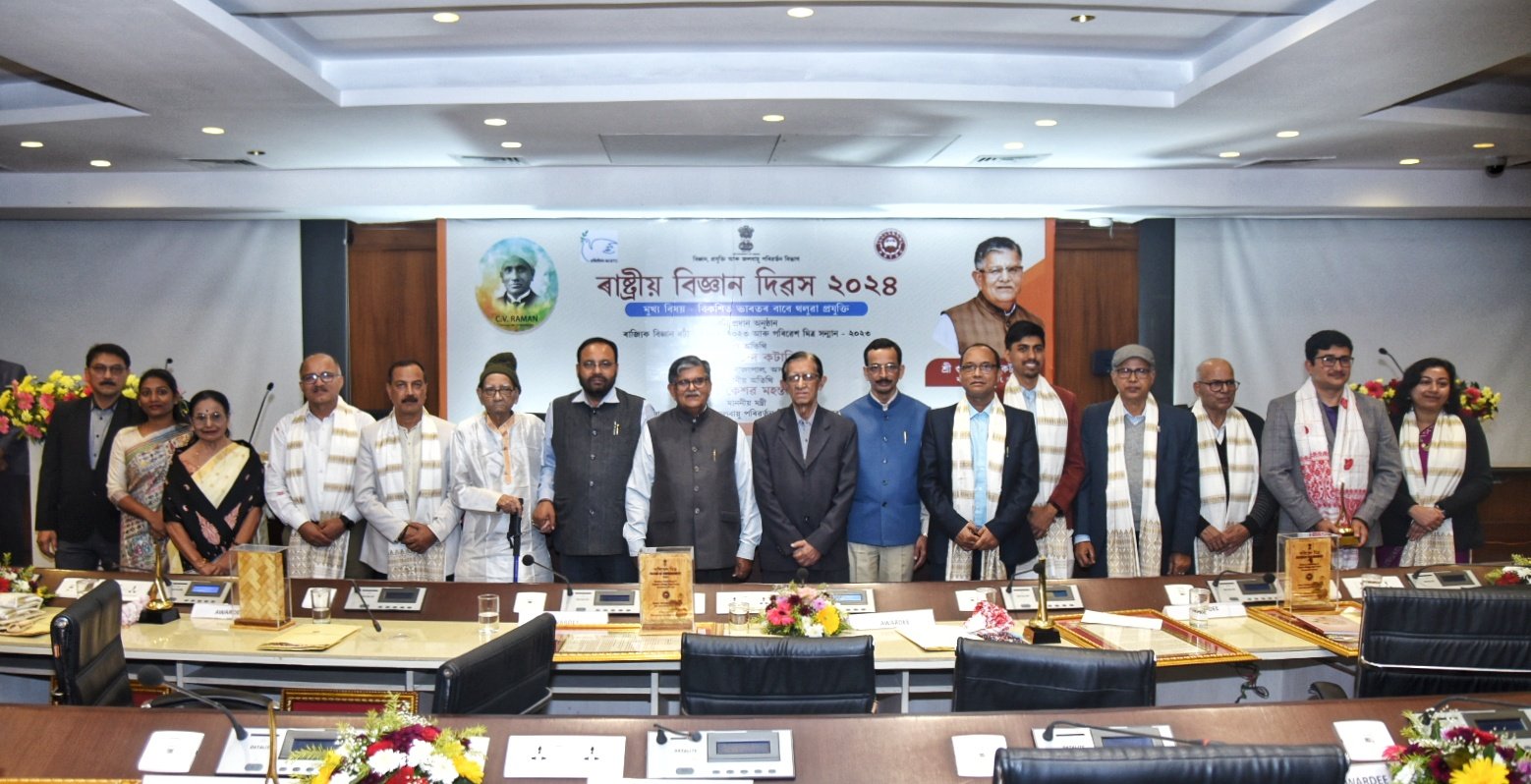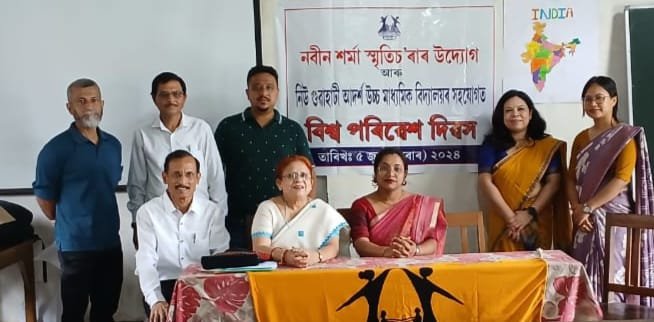HT Correspondent
TEZPUR, Oct 13: Tezpur University and the Indian Institute of Technology (IIT), Guwahati, have entered into a Memorandum of Understanding (MoU) to facilitate collaboration in various research areas. The MoU was signed by Prof. Parameswar K Iyer, director of IIT Guwahati, and Prof Shambhu Nath Singh, VC of Tezpur University.
Prior to the signing of the MoU, faculty members from both institutions engaged in a brainstorming session to identify areas of cooperation and determine how to execute them. The session, led by Prof. Bimal Katiyar, Dean of Research & Development at IIT Guwahati, and Prof. Dhanapati Deka, Dean of Research & Development at Tezpur University, explored potential research thrusts.
During the session, representatives from both institutions highlighted their core research areas. IIT Guwahati emphasized its expertise in bioscience, bioengineering, physical sciences, design, civil engineering, climate change, air pollution, artificial intelligence, high-performance computing, and energy science and engineering. Tezpur University, on the other hand, presented its focus areas, including engineering, food engineering, molecular biology, and chemical sciences.
Prof. Shambhu Nath Singh, Vice Chancellor of Tezpur University, stated that the signing of the MoU marks the beginning of an exciting journey of collaboration, discovery, and growth. He emphasized that the combined strengths of both institutions, renowned for their academic excellence, will not only bolster the academic and research landscape in the northeastern region of India but also contribute to the overall growth and development of the nation.
Prof. Parameswar K. Iyer, Director of IIT Guwahati, welcomed the initiative, emphasizing that it is essential for both institutions to officially collaborate in order to facilitate research collaborations driven by interest. He stressed the importance of exploring opportunities to benefit the region from this collaboration, delivering cutting-edge technology, innovative research projects, and sustainable solutions. This collaboration aims to advance research and development in the northeastern region and beyond.







